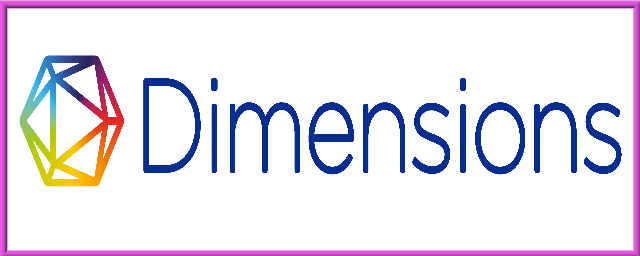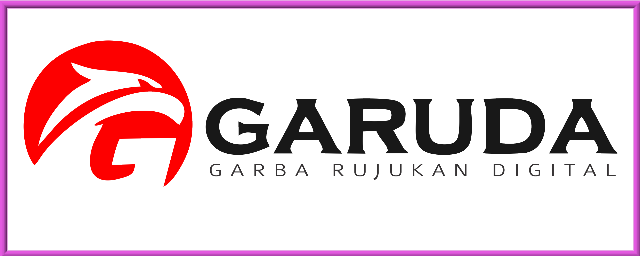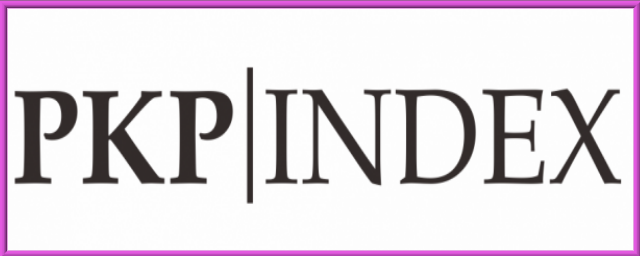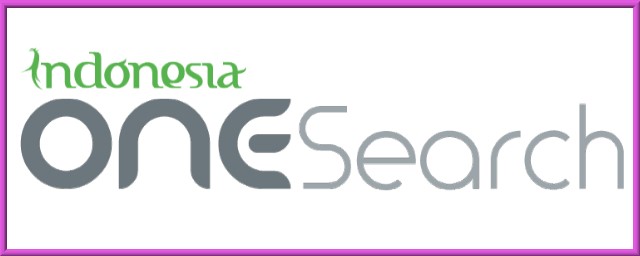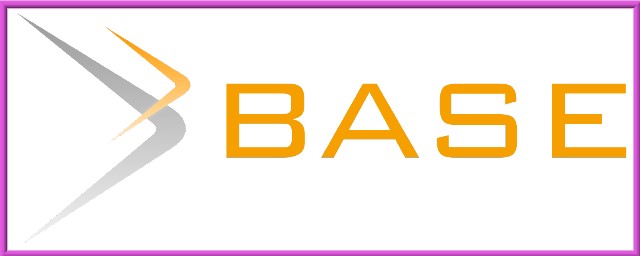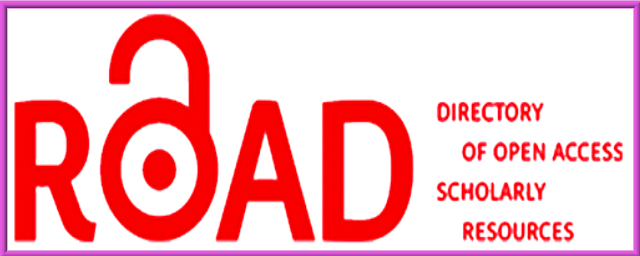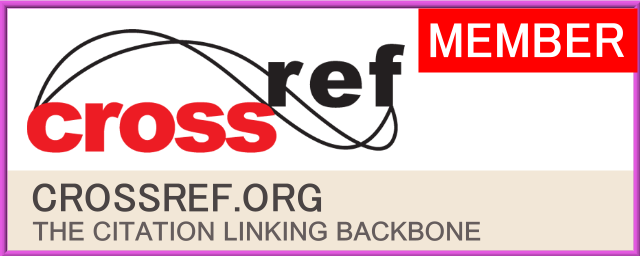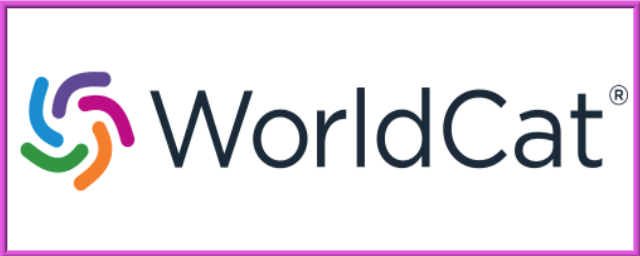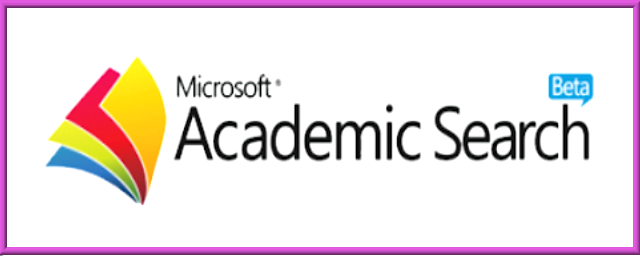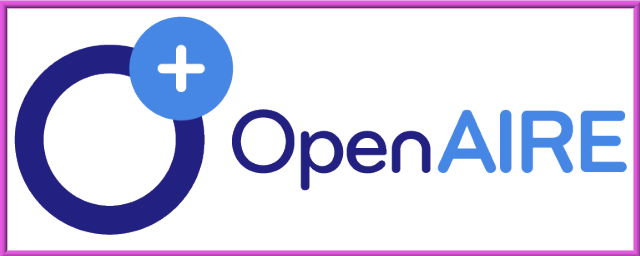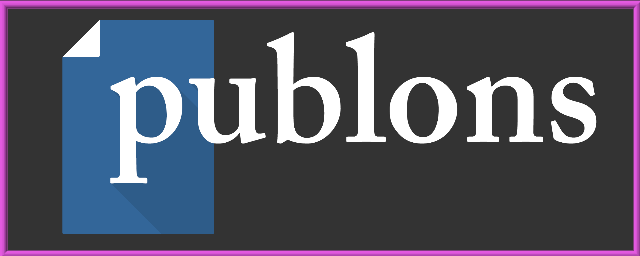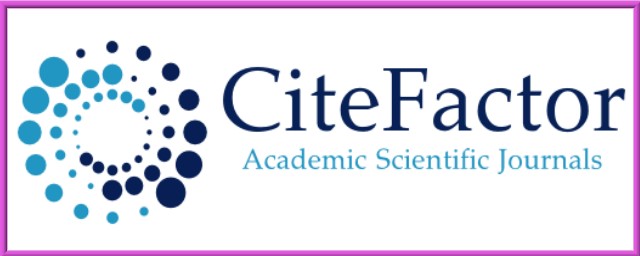URGENSI KOLABORASI RISET DALAM RANGKA ALIH TEKNOLOGI PENANGGULANGAN COVID-19
Abstract
The coronavirus respiratory syndrome (COVID-19) pandemic has become a global public health problem. One of the main efforts to overcome this problem is research and development of technology in the health sector. This condition requires the readiness of the State Civil Apparatus (ASN), especially researchers and engineers, to increase the capacity or competence through technology transfer mechanisms in research collaboration schemes, both at the national and international levels. This study aims to find out, understand and explain two things, the urgency of research collaboration in the context of transferring COVID-19 countermeasures technology and strategic efforts to build research collaboration. This study uses a qualitative method with a descriptive analytical approach. The results of the study shows two things, first, that research collaboration in the context of technology transfer is significantly urgent to be implemented in order to encourage researchers and engineers to gain new knowledge about technology in the health sector, and second, strategic efforts that can be implemented by collaborating with researchers and engineers of credible research institutions in the health sector, and have implemented an open science policy which will significantly assist the technology transfer process without being constrained by intellectual property issues.
Keywords
Full Text:
PDFReferences
Bartling, S., & Friesike, S. (2014). Opening Science - The Evolving Guide on How the Web is Changing Research, Collaboration and Scholarly Publishing.
Bhatti, A., Syed, N. A., & John, P. (2018). Chapter 5 - Reverse Engineering and Its Applications (D. Barh & V. B. T.-O. T. and B.-E. Azevedo, Eds.; pp. 95–110). Academic Press. https://doi.org/https://doi.org/10.1016/B978-0-12-804659-3.00005-1
Birkle, C., Pendlebury, D., Schnell, J., & Adams, J. (2020). Web of Science as a data source for research on scientific and scholarly activity. Quantitative Science Studies, 1, 1–14. https://doi.org/10.1162/qss_a_00018
Bryman, A., & Burgess, R. G. (2002). Analyzing Qualitative Data. New York: Routledge.
Campbell, C. D., Challen, B., Turner, K. L., & Stewart, M. I. (2020). #DryLabs20: A New Global Collaborative Network to Consider and Address the Challenges of Laboratory Teaching with the Challenges of COVID-19. Journal of Chemical Education, 97(9), 3023–3027. https://doi.org/10.1021/acs.jchemed.0c00884
Cattani, M. (2020). Global coalition to accelerate COVID-19 clinical research in resource-limited settings. The Lancet, 395(10233), 1322–1325. https://doi.org/https://doi.org/10.1016/S0140-6736(20)30798-4
Correa, C. (2020). Trade related aspects of intellectual property rights: a commentary on the TRIPS agreement. Oxford University Press.
Dai, Q., Shin, E., & Smith, C. (2018). Open and inclusive collaboration in science. OECD Science, Technology and Industry Policy Papers, 1–29. http://dx.doi.org/10.1787/2dbff737-en
Dehghanbanadaki, H., Seif, F., Vahidi, Y., Razi, F., Hashemi, E., Khoshmirsafa, M., & Aazami, H. (2020). Bibliometric analysis of global scientific research on Coronavirus (COVID-19). Medical Journal of the Islamic Republic of Iran, 34, 354–362. https://doi.org/10.34171/mjiri.34.51
Friedman, J., & Silberman, J. (2003). University Technology Transfer: Do Incentives, Management, and Location Matter? The Journal of Technology Transfer, 28, 17–30. https://doi.org/10.1023/A:1021674618658
Kemenristek/BRIN. (2020). Laporan Kinerja Tahun 2020.
Kusumadara, A. (2011). Pemeliharaan dan Pelestarian Pengetahuan Tradisional dan Ekspresi Budaya Tradisional Indonesia: Perlindungan Hak Kekayaan Intelektual dan Non-Hak Kekayaan IntelektuaL. JURNAL HUKUM IUS QUIA IUSTUM, 18, 20–41. https://doi.org/10.20885/iustum.vol18.iss1.art2
Maluleka, J., Onyancha, O., & Ajiferuke, I. (2016). Factors influencing research collaboration in LIS schools in South Africa. Scientometrics, 107. https://doi.org/10.1007/s11192-016-1846-0
Moradian, N., Ochs, H., Sedikies, C., Hamblin, M., Camargo, C., Martinez, J., Biamonte, J., Abdollahi, M., Torres, P., Nieto, J., Ogino, S., Seymour, J., Abraham, A., Cauda, V., Gupta, S., Ramakrishna, S., Sellke, F., Sorooshian, A., Hayes, A. W., & Rezaei, N. (2020). The urgent need for integrated science to fight COVID-19 pandemic and beyond. Journal of Translational Medicine, 18, 205. https://doi.org/10.1186/s12967-020-02364-2
Nonaka, I., & Toyama, R. (2007). Why do firms differ? : the theory of the knowledge-creating firm. In Knowledge creation and management : new challenges for managers (pp. 13–31). Oxford University Press.
Satgas-Covid19. (2020). https://www.covid19.go.id/. Https://Www.Covid19.Go.Id/.
Stilgoe, J., Owen, R., & Macnaghten, P. (2013). Developing a framework for responsible innovation. Research Policy, 42(9), 1568–1580. https://doi.org/https://doi.org/10.1016/j.respol.2013.05.008
Wested, J., & Minssen, T. (2019). An Update on Research- & Bolar Exemptions in the U.S. and Europe: Unsolved Questions and New Developments in an Increasingly Important Area of Law. 2019, 168–183.
WHO. (2020). Numbers at a glance. Https://Www.Who.Int/Emergencies/Diseases/Novel-Coronavirus-2019?
WIPO. (2019). Intellectual property definition. Https://Www.Wipo.Int/about-Ip/En/.
WIPO, University, C., & INSEAD. (2020). The Global Innovation Index 2020: Who Will Finance Innovation? Ithaca, Fontainebleau, and Geneva.
Zyoud, S., & Al-Jabi, S. (2020). Mapping the situation of research on coronavirus disease-19 (COVID-19): a preliminary bibliometric analysis during the early stage of the outbreak. BMC Infectious Diseases, 20. https://doi.org/10.1186/s12879-020-05293-z
Refbacks
- There are currently no refbacks.
Copyright (c) 2021 Angga Wijaya Holman Fasa, Mahardhika Berliandaldo

This work is licensed under a Creative Commons Attribution 4.0 International License.
=====================JPU=================================
JOURNAL PUBLICUHO has been covered by the following indexes:
===============================================================
Universitas Halu Oleo Kendari |








